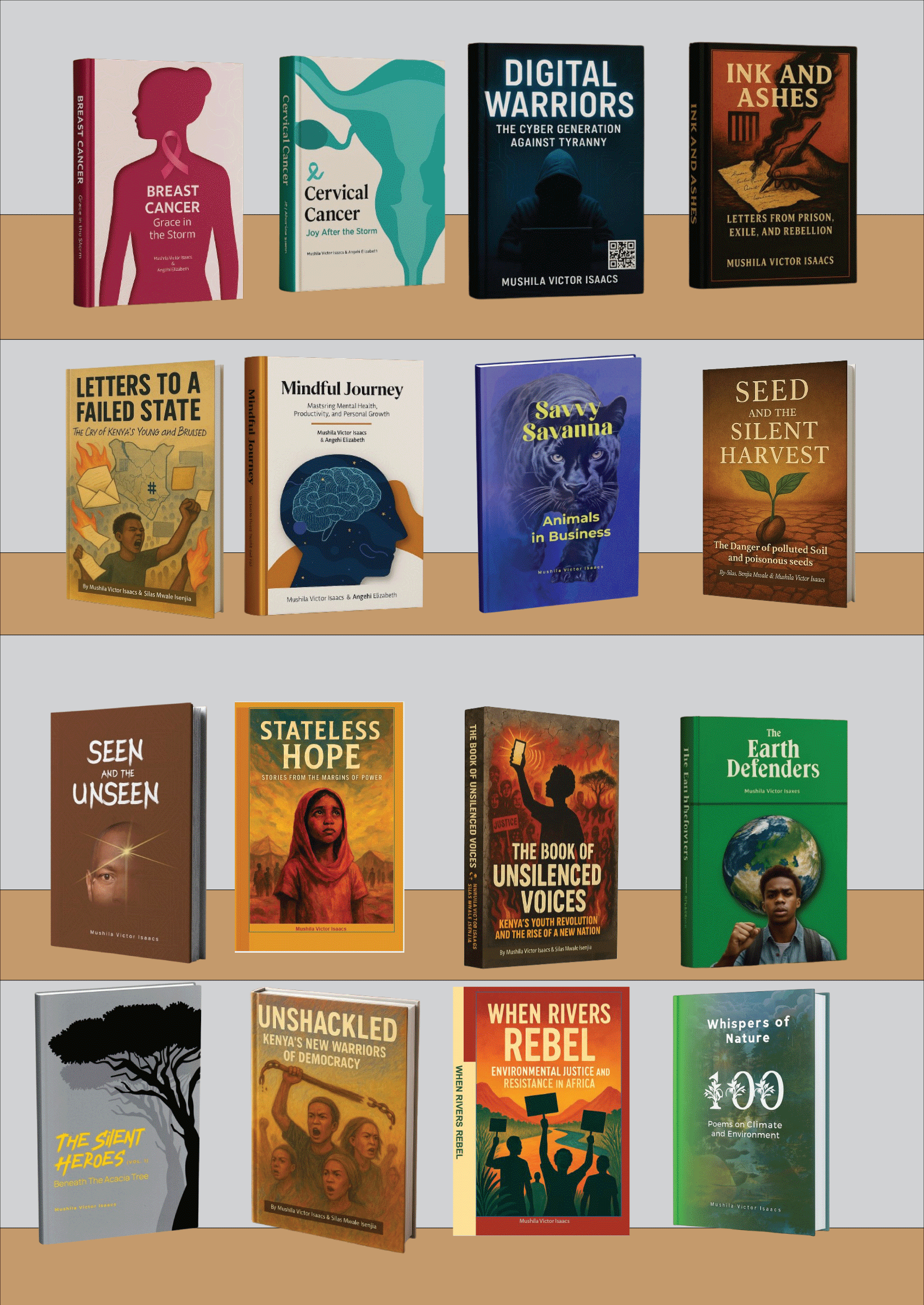Chapter 1: Rivers as Witnesses of History
“When the river speaks, it is not just water that flows, but memory, resistance, and prophecy.”
Rivers are the oldest historians of the African continent. Long before the boundaries drawn by colonizers, long before flags and constitutions and multinational investments, the rivers knew. They knew the movement of peoples, the rise of empires, the cadence of ceremonies, and the wisdom carried in ancestral chants. The Nile, the Congo, the Niger, the Zambezi, and the Tana are not just arteries of water—they are sentient witnesses of time, resistance, and renewal.
The Nile, longest and most storied, carried the dreams and cosmologies of ancient Nubia and Egypt. It was not merely a water source; it was a deity, a calendar, and a covenant. Its floods signaled life, fertility, and harmony with nature. The pharaohs built temples in its honor. Farmers sowed in anticipation of its rhythm. But in the postcolonial present, the Nile has become a site of tension. Ethiopia’s Grand Renaissance Dam is hailed as a beacon of sovereignty by some and feared as a threat by others. Egypt, whose legal and political narratives around the Nile still echo colonial water rights, finds itself in conflict with upstream nations asserting new claims. In this, the Nile is not just water—it is a record of power, still contested.
The Congo River pulses through one of the world’s most biologically rich regions and one of its most wounded. It flows through the heart of Central Africa, carving its path through rainforest and red soil, and through centuries of suffering. The colonial brutality of King Leopold’s regime turned the Congo River into a conveyor belt for extractive violence. Millions died, their lives and labor swallowed by the thirst of European greed. The river absorbed it all—the blood, the cries, the stolen wealth. Today, its banks are dotted with mining sites and conflict zones, and its depths mirror the unhealed wounds of exploitation. But the river also carries hope. Grassroots movements, Indigenous leaders, and young activists are rising, defending the rainforest with the same resilience that once birthed anti-colonial resistance.
… (rest of chapter text continues — paste your full chapter here or load from your server) …
Pay with M-Pesa (Paybill)
- Paybill: 714888
- Account No: 372422
- Amount: 50 (single chapter) • 400 (full book)
Steps: Open M-Pesa → Lipa na M-Pesa → Paybill → Enter Paybill 714888 and Account 372422 → Enter amount → Enter PIN → Confirm. Keep the SMS receipt.
After payment, click Unlock Chapter and enter your M-Pesa confirmation code in the popup to reveal the full chapter.
Note: This page uses a trust-based unlock. The popup collects your M-Pesa confirmation code (client-side only). For secure automatic verification please request server-side M-Pesa Daraja integration.
Share: #WhenRiversRebel #MushilaWrites #EnvironmentalJustice

